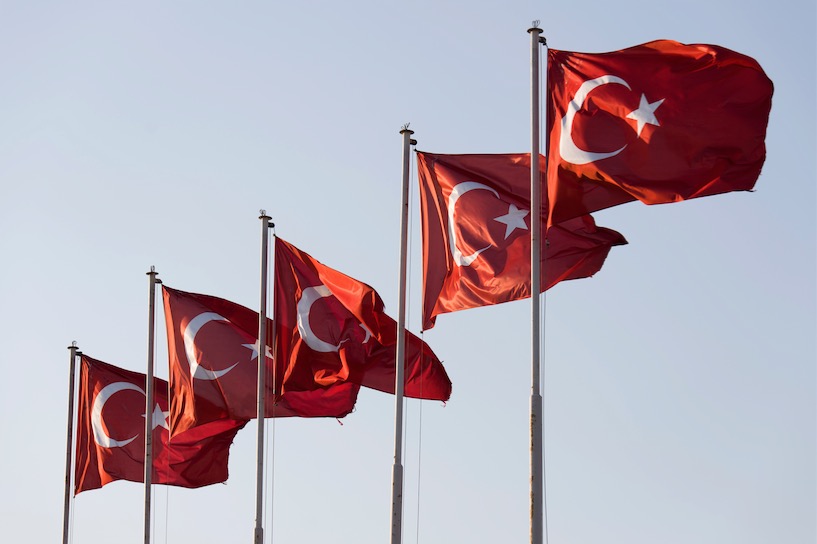EVANSTON - Researchers from across the U.S. and around the world will convene Oct. 26-28 on Northwestern University’s Evanston campus to dissect Turkey’s current politics and society.
The conference, hosted by the Keyman Modern Turkish Studies Program at the Buffett Institute for Global Studies at Northwestern, will have specialists and academics presenting research on a variety of topics.
“Turkey now is a place where freedom of expression is largely curtailed for academics. Our main goal with this conference is to facilitate academic dialogue and exchange without fear of censorship,” said Ayça Alemdaroğlu, associate director of the Keyman Modern Turkish Studies program.
“Authoritarianism, Past and Present,” “Legal Ambiguity, Political Control and Contention in Urban Turkey” and “Turkey’s Authoritarianism in a Comparative Perspective” are among the eight panels featured at the conference. Other topics include impunity, judicial politics, environment, gender and the media.
“We want to discuss the state of the relationship between law and politics in contemporary Turkey in connection with the country’s historical legacy and current global processes,” Alemdaroğlu said.
And as some democratic waves have swept parts of the world in recent years, discussions of what happened in Turkey are all the more timely.
Turkey was often referred to as a working model for democracy in the Muslim world where faith and modern governance could live side by side.
“Turkey has always been important in the social sciences as it exemplifies several paradigmatic changes,” said Sinan Erensü, a postdoctoral fellow at the Buffett Institute.
“The Turkish experiment with market liberalization was an early case that free market economists enthusiastically researched,” Erensü said. “The emergence of political Islam in Turkey challenged the secularization paradigm. And now Turkey is an epitome of authoritarianism.”
As populism continues to rise in Turkey and around the world, the conference will be an opportunity to hold comparisons and glean lessons.
To see the detailed program of the conference, visit the Keyman Modern Turkish Studies Program website.
Attendance is only open to Northwestern University faculty, staff and students. The conference is not open to the public. Those wishing to attend must RSVP with turkishstudies@northwestern.edu and show their Wildcard at the door.


